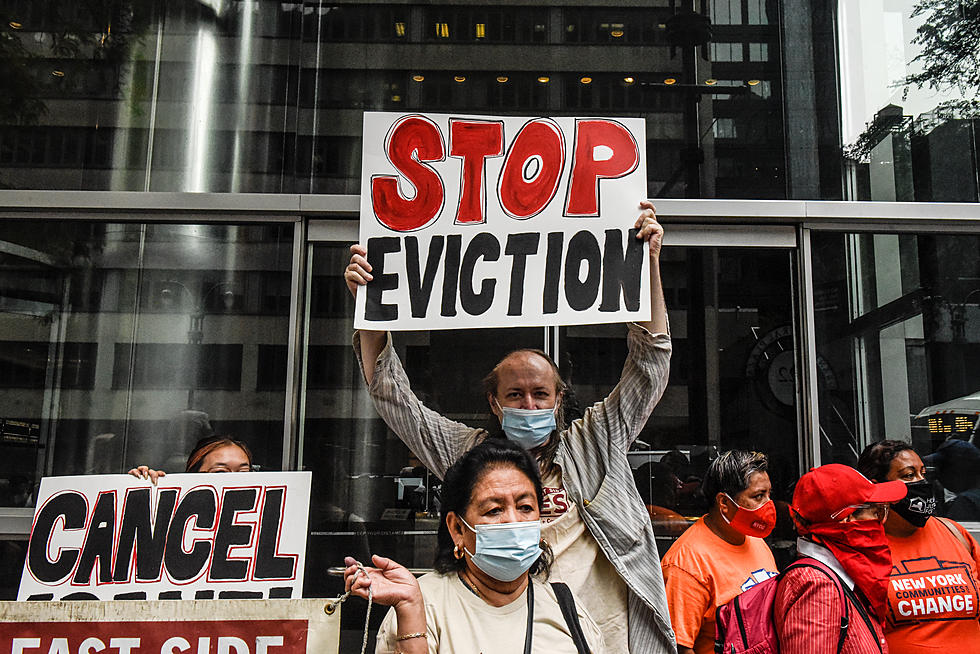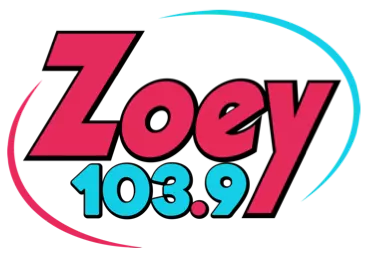
Student Loans Forgiven? It May Cost You $100s In New York State
For some it’s a blessing; for others it’s government overstepping its bounds. No matter how you feel about student loan forgiveness, it’s given millions of Americans a little extra breathing room on the epidemic of post-college debt.
But what was meant to save money may put more New Yorkers in a more immediate financial bind. As some celebrate their extra $10,000, state laws may have those with forgiven loans now owing more money – this time to the State of New York.
No Thrown Bones To Those With Loans
President Joe Biden’s controversial student loan forgiveness plan, announced last week, would forgive $10,000 worth of debt on anyone making less than $125,000 with a special $20,000 for Pell Grant recipients. Lawmakers and citizens took to social media to praise and protest this measure, which was one of Biden’s campaign promises leading to the 2020 election.
Typically, any amount forgiven on a loan is federally taxable. Under the American Rescue Plan Act, or ARPA, student loan forgiveness is tax exempt on a federal level through 2025. State taxes are a different matter, however.
New York is one of thirteen states in the US that legally views forgiven debt as income. According to Tax Foundation, New Yorkers that qualify for the $10,000 forgiveness would owe considerably more on their taxes. Pell Grant recipients would have to pay double, especially ironic considering Pell Grants were especially for lower income college hopefuls.
How Much Would New Yorkers Owe On Their Forgiven Debt?
Some states, like Hawaii and Minnesota, would have their students pay back a sizeable percentage of their relief - $1,100 and $985 respectively. Here in New York, the taxable amount on $10,000 would be $685. In addition, while student debt would be paid over years, state taxes must be paid in full on April 15, 2023.
State legislators are already moving towards making sure student loan forgiveness taxation won’t occur. The state Department of Taxation and Finance told Gothamist they wouldn't count the income as taxable, but it would need to be codified in legislation first. There’s no reason to believe New York wouldn’t amend state laws to follow ARPA’s lead, but you may need to set aside a few hundred for next April just in case.
LOOK: Here is the richest town in each state
Gallery Credit: Meagan Drillinger
Every Movie Theater Candy, Ranked From Worst to Best
Inside Rihanna's $6.6 Million Hollywood Hills Villa
Gallery Credit: Alicia Selin
More From Zoey 103.9









